
The End of Absence
Reclaiming What We’ve Lost in a World of Constant Connection
Recommendation
People who were born before 1985 are part of the last generation in history who remember what life was like before the Internet. In the world before digital media you had to go to a library to look up information; you found your way on a trip by using printed, folding maps; and you couldn’t summon funny cat videos on demand. However, the pre-Internet era let you experience the pleasures of “absence” – the ability to disconnect from other people and the rush of life. Journalist Michael Harris argues that absence is precious. Being eternally plugged into a data maelstrom leaves you little time or attention for the aimless musing and daydreaming that fosters creativity. If your brain is constantly distracted and multitasking, it may lose the capacity for sustained, quiet focus. Harris’s lively prose keeps his extended essay from turning into a more superficial depressing jeremiad. An entertaining, funny writer, he enlivens his analysis with witty anecdotes about his own struggles with compulsive connection. getAbstract recommends Harris’s insights to parents, content providers, Web developers, Internet addicts and anyone who wants a little quiet time without a flashing screen to distract them.
Summary
About the Author
Journalist Michael Harris is a contributing editor at Western Living and Vancouver magazines. He has written for Wired, Harvard Business Review and Psychology Today.









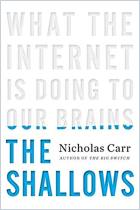
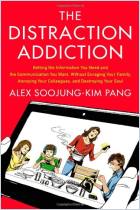
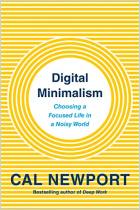
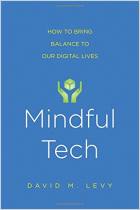

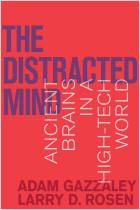




Comment on this summary or Start Discussion